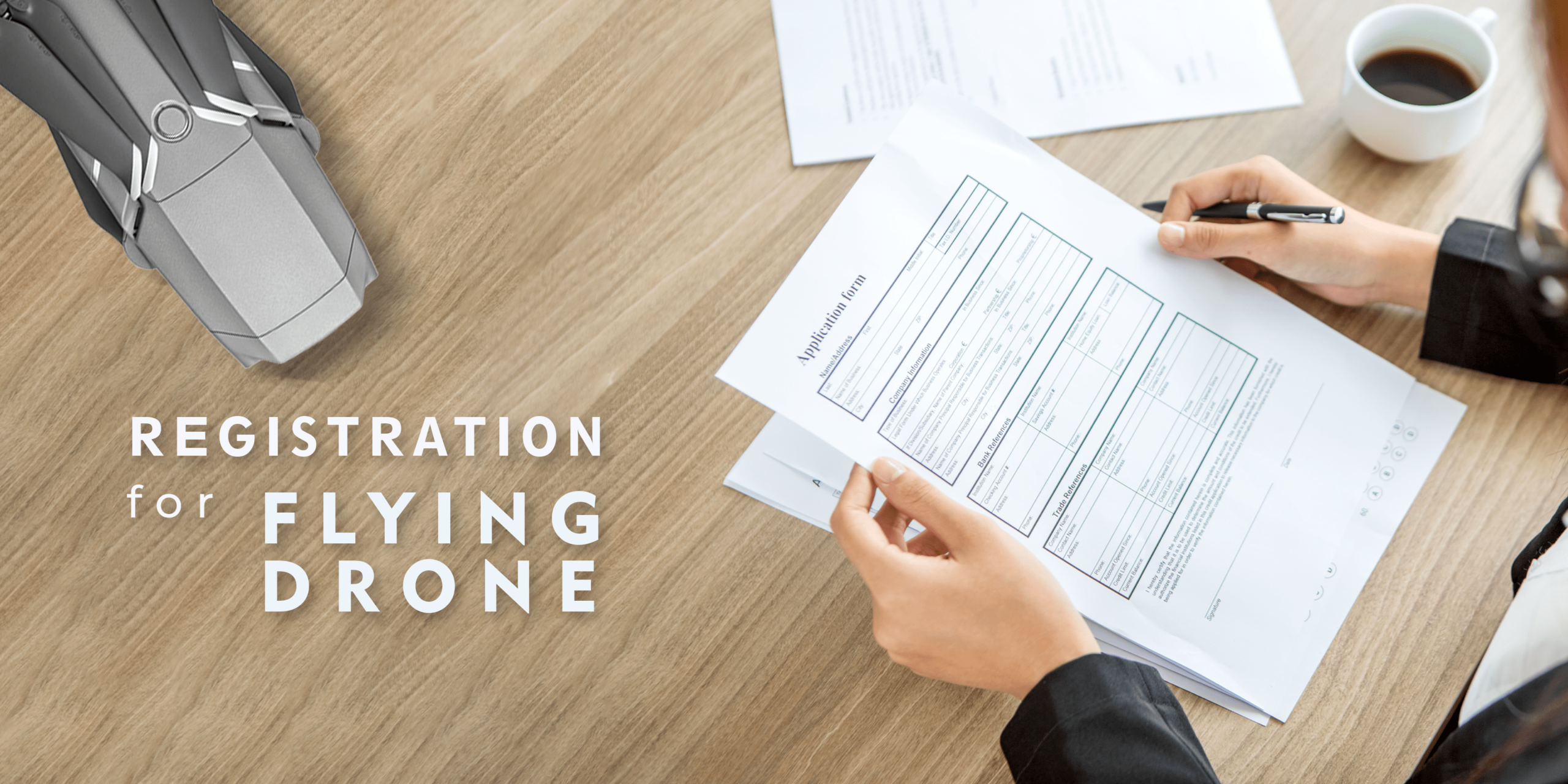Want your Drone registration India?
Drone operators must register their unmanned aircraft on the Digital Sky platform and obtain a unique identification number. Otherwise, they break the law. Unless exempt, they must register even personal or hobby drones. Additionally, these drones must fly within sight of a trained operator. Moreover, individuals must operate UAVs only after gaining proper knowledge of local flight laws. Furthermore, they must avoid flying in uncontrolled airspace without official documentation and confirmed compliance. Next, they must ensure the UAV’s system aligns with certified standards. Besides that, all UAV registration records must go to the Director-General. Each record must include its unique identification number. Finally, the operator must take full responsibility to follow rules and ensure the drone meets the type certificate requirements.


